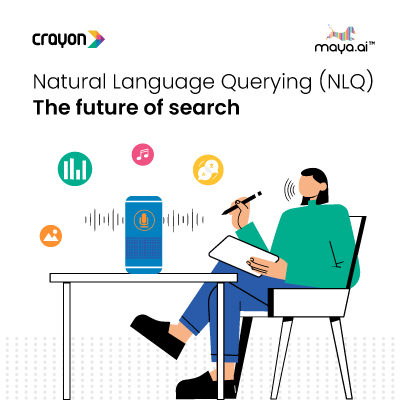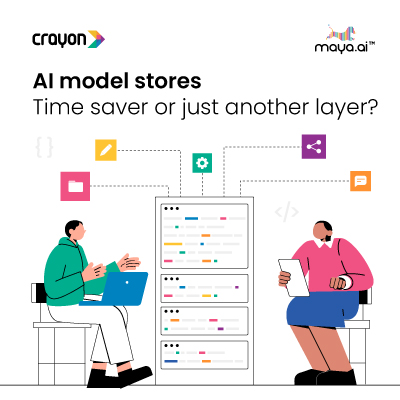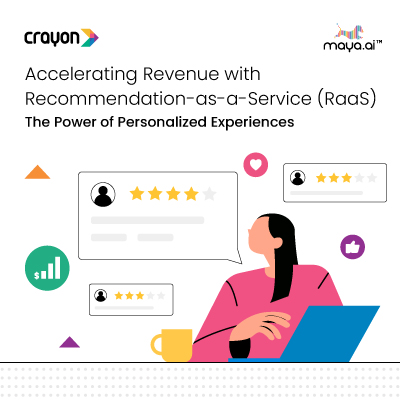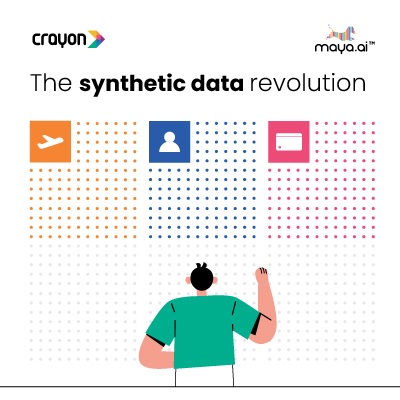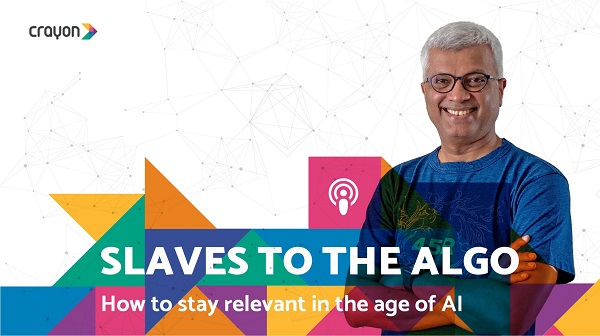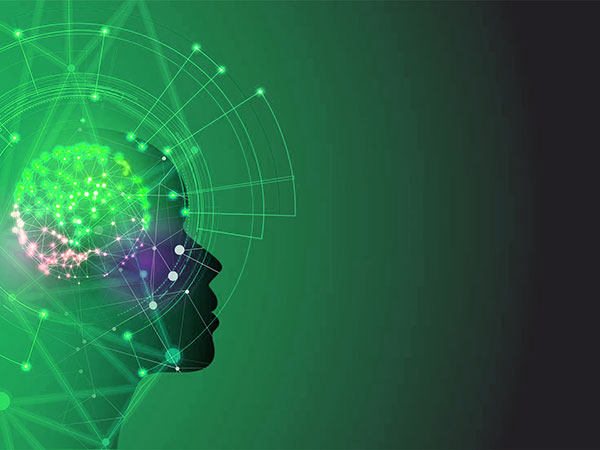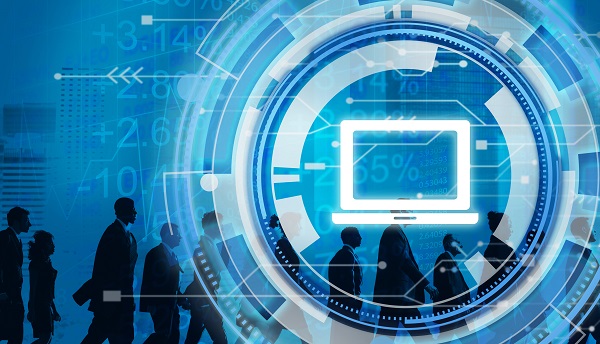Fintech is the new gold rush for investors, growing from 10% in 2016, to a staggering $23.2 billion, with China and USA leading the market. This boost is powered by the growing capabilities of machine learning and artificial intelligence. It is an idea whose time has come, as the computational and storing capabilities available today can record and process the impressive quantities of big data necessary to fuel the algorithms. AI has already proven its capabilities in retail, healthcare, and trading, and therefore, looks like a safe bet. The only question now is just how much ruling power will the algorithms get? Will they replace or just help managers and C-level decision makers?
Automation vs. Artificial Intelligence
Before answering this question, it is important to highlight the difference between automation and real artificial intelligence, although both terms are used interchangeably sometimes. Not all tasks performed by a computer or a system can be classified as AI. There is a hierarchy of computer uses in finance and banking. Automating repetitive tasks, AI that supports employees in their daily duties such as verifying compliance, underwriting or responding to clients and deep learning, which, at least in theory, can replace workers altogether.
AI in Banking, Finance and Risk Management
AI for banks and other financial institutions is expected to trigger similar outcomes to those recorded in e-commerce, which includes better customization of the experience, more efficiency, increased productivity and overall cost reduction. AI has already been used in fintech for high-frequency trading since the late 80s, but new applications are emerging. These include personalized financial advice, fraud detection mechanisms, investment decisions and blockchain.
Trading: from high-frequency to high-intelligence
The chaotic landscape of Wall Street can soon be replaced with the monotonous sound of computers while exponentially growing the volume of operations. Now, three decades after the introduction of the first computer able to handle stock market contracts, it is more about high intelligence than high-frequency. The work of quants – who are basically statisticians building trading algorithms – will be replaced at some point with the work of a neural network, constructing new trading patterns based on previous experience. Currently, the strife is to program predictive capabilities into these systems to make them ready for a change before it happens in the market.
Client advisor and chat agents
AI is handy as a wise personal assistant. Financial institutions can require programmers to design learning algorithms that use the client’s data to track spending habits and make recommendations. Having your own personal robot-advisor is a service a lot of careless credit card users may value. Balancing your budget based on your behavior is a service that was unavailable at traditional banks, but could improve credit scores significantly.
Chatbots are also implemented by financial institutions to help customers navigate through products and feel they matter. For simple operations, most people wouldn’t be able to tell if they are talking to a real person following a script or a bot driven by AI.
Fraud detection
People are creatures of habit, and a slight change in their routine could signal a problem. Accessing internet banking from a different location/browser or transferring larger amounts than normally are signs of a possible fraud. The AI should be able to detect if this is a real threat or a one of a kind situation by correlating other readily available information about the client, such as an airfare ticket purchase or even geo-locating the client. Cognitive technologies could be of great use in fraud detection due to their ability to detect patterns in raw data, a task that would take months for a forensic team could mean seconds for a clustering tool.
Decision making & risk management
Futurists paint a scary picture of computers running the world on their own terms. Before this is the case, the algorithms should be able to take rational decisions in all situations, in a similar way to people. One of the financial tasks requiring sound judgment is creating better investment portfolios, where studies show that neural networks surpass conventional methods. Similar results were obtained in the same survey for assessing financial risk management, where AI outperformed logistic regression by 88.2%.
Blockchain
Since its debut in 2009, blockchain technology was first used for decentralized cryptocurrencies but is now finding new applications in banking, financial markets, insurance and lease contracts, as well as accounting. Blockchain is, in fact, an open, distributed ledger which records transactions and it is useful in applications which require a proof of originality and an explicit timestamp, increasing transparency and trust.
Possible Drawbacks of Using AI
Handing down control entirely to an automated system is dangerous. One relevant example in this matter is the incident that happened on April 23rd, 2013, when the Associated Press’ Twitter account was hacked and fake news about a bomb at the White House offset stock markets. A “flash crash” appeared due to algorithms trading according to information from the news, a method called sentiment analysis. Algorithm misbehaviors that propagate without human intervention could have disastrous results, just look at Microsoft’s Tay chatbot. If a bank’s virtual assistant would derail in the same way, it would probably lose its clients and even face some charges.
The Future of AI in Fintech
Even legislative changes are encouraging fintech development. In Europe, the Payment Service Directive (PSD2) expected to be in force at the beginning of 2018 will allow clients to authorize the access of third parties to their bank accounts for payments. This legal framework will ensure both a universal compliance standard, secure payments and more data available to clients.
There is a clear advancement towards using more technology in the financial sector not only to increase productivity but to create a more personal relationship with the customer, more lucrative portfolios, and even a decentralized money system. Yet, we are still far away from the day when finance professionals, risk managers, and quants can actually fear for their jobs. Right now, AI can be compared to an intern, sitting quietly, running errands and learning.


